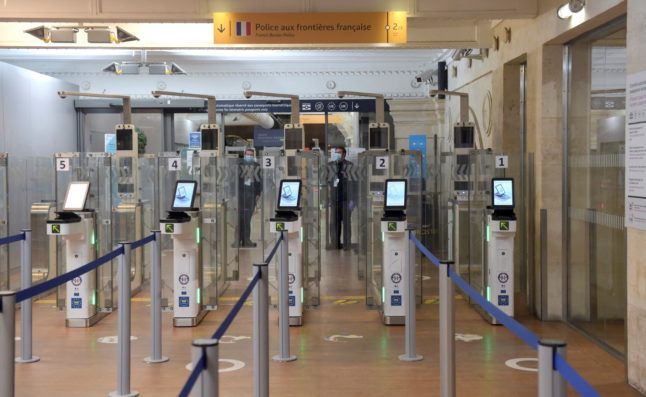It’s a winter tradition in France for public sector workers like firefighters and postal workers to go door-to-door selling calendars, but it’s also fertile ground for scammers. Here’s how to make sure your money is really going to a good cause.
What you need to know about France’s seasonal calendar-sellers
Looking a little further ahead and 2023 will bring about a series of changes for everyone living in France – from new laws to public holidays, rising prices to financial aid. Here’s a roundup of the big ones to look out for throughout the year.
What changes about life in France in 2023?
Another new year change on the cards. Sending letters in France will be different in 2023, with changes to La Poste services including the end of the famous timbre rouge. Here’s what you need to know.
Timbre rouge: How French postal services will change in 2023
Money matters, now. Financial advisers have reiterated a warning to Americans in France to beware of certain products – including the popular Assurance Vie – which are likely to lead to problems with the IRS.
‘Death by a thousand cuts’: Tax warning for Americans in France
A new French anti-waste law – which could spell the end of paper sales receipts in France – which was set to go into effect in the new year has been pushed back due to concerns around inflation and implementation.
France pushes back plan to begin phasing out paper receipts for shoppers
Finally, this is an interactive post, and we have a question. As the year draws to an end we’re looking for suggestions from fellow France-lovers on the best things they read, saw or listened to this year.
Tell us: What were your favourite French books, films, series and podcasts of 2022?



 Please whitelist us to continue reading.
Please whitelist us to continue reading.
Member comments